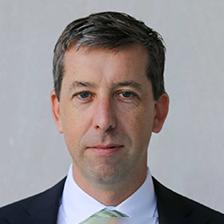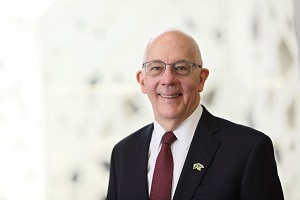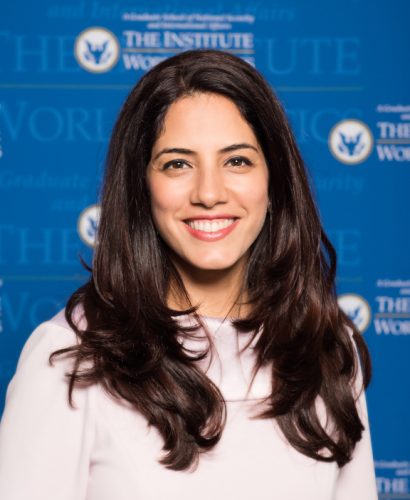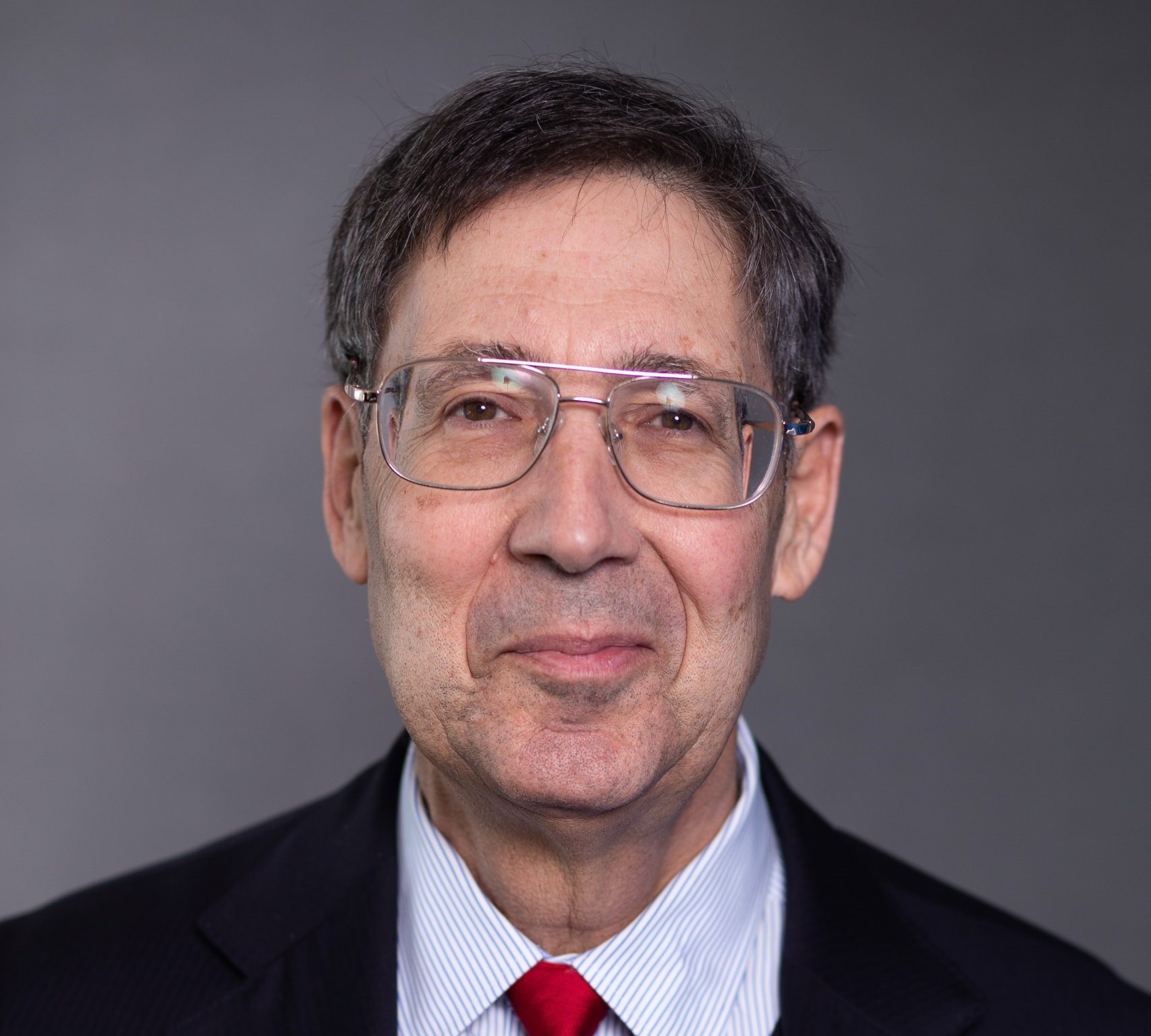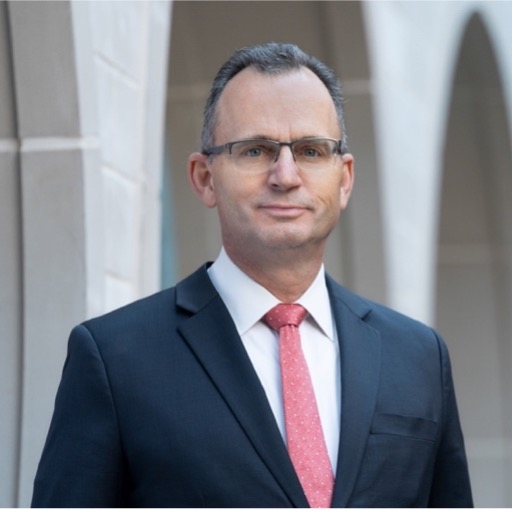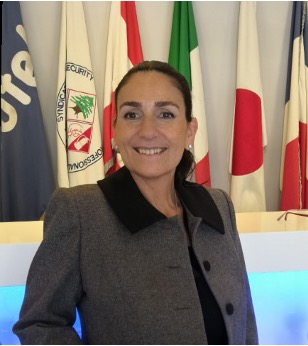Past Event
Petro Diplomacy 2023: The Energy Transition and the Road to COP28
Date
Jun 27, 2023
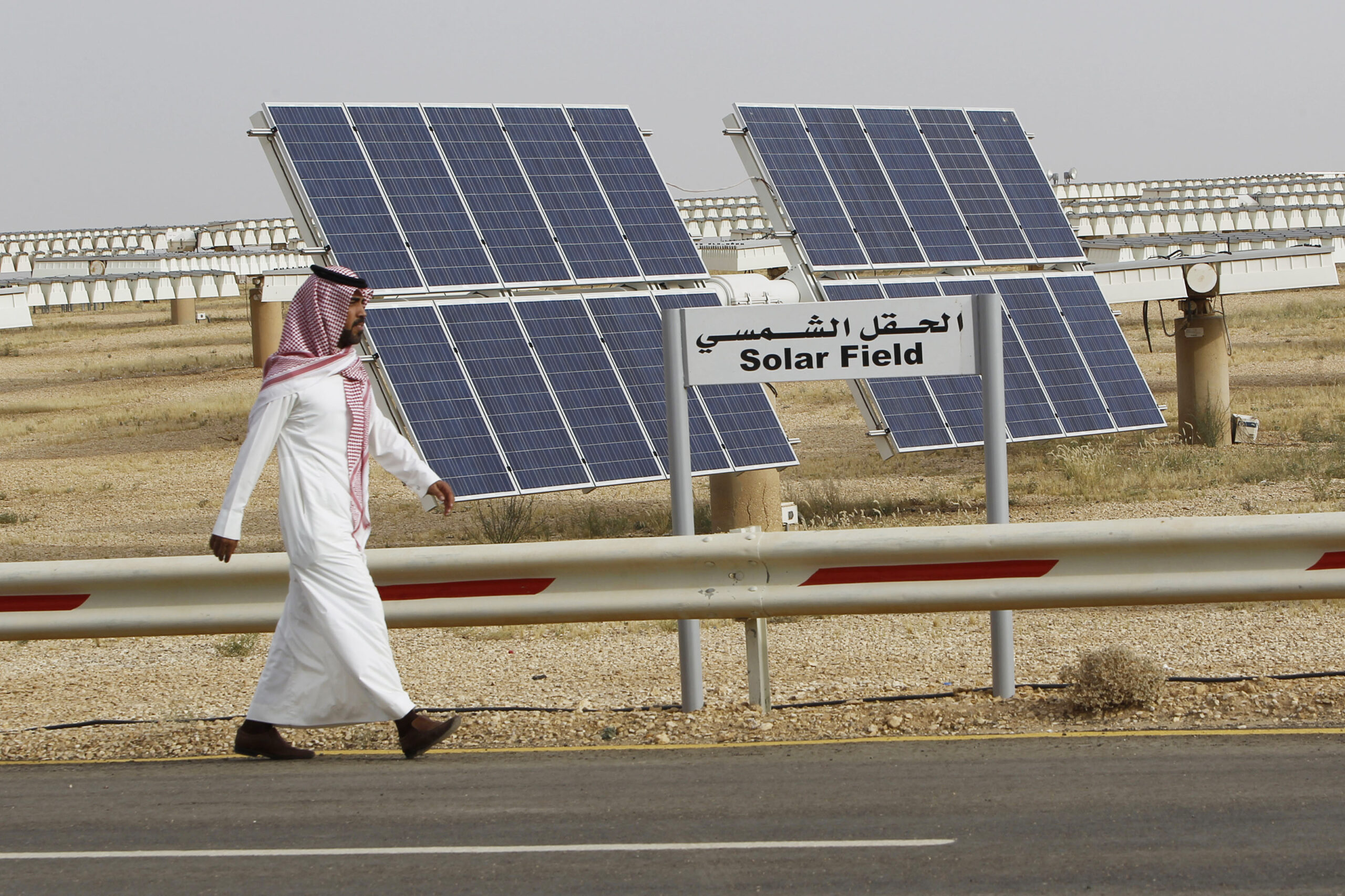
About the event
For the ninth consecutive year, AGSIW convened its Petro Diplomacy conference, bringing together private and public sector stakeholders from the United States and the Gulf Arab countries to discuss emerging trends in energy markets and regional politics.
The United Arab Emirates is set to host the United Nations Climate Change Conference, COP28, in November 2023. More than 80,000 participants are expected to attend the summit due to be held in Dubai at what is a critical juncture in the effort to combat global warming. The U.N. Intergovernmental Panel on Climate Change set the tone for the forthcoming summit with its recent dire warning that the world is running out of time to prevent the earth’s temperature from rising further to levels that would pose a threat to human life and the biosphere. Gulf Arab states are having to reconcile their need for hydrocarbon revenue with their vulnerability to the effects of climate change, including increasing temperatures, water scarcity and desertification, and biodiversity loss. At this pivotal moment for the region and the broader international community, AGSIW’s Petro Diplomacy conference explores Gulf energy and climate policies, technological advances, and pressing political, social, and environmental issues ahead of COP28.
The views represented herein are the author's or speaker's own and do not necessarily reflect the views of AGSI, its staff, or its board of directors.
Agenda
Session 1: Decarbonization Pathways in the GCC
How are Gulf countries managing the energy transition to net–zero carbon emissions? Are they all moving at the same speed? Where are the gaps? Is there a case for the creation of regional grids and hubs to advance the transition for all? What are the more promising technologies that are being used to reduce the carbon content of hydrocarbons in a more carbon-constrained world? The United Arab Emirates and Saudi Arabia are banking on becoming big players as green hydrogen exporters, but is this realistic? The region is vulnerable to the impact of climate change, particularly water stress and desertification. What are the mitigation policies that need to be put in place?
Session 2: Geopolitical Shift and New Alliances
Relations between the Gulf Cooperation Council countries and the United States, China, and Russia are changing. This includes a geographic shift in energy trade flows and relations as well as shifts within the OPEC+ alliance, calling to question its future role. Can the Saudi-Russian energy pact survive in a lower oil price environment?
Lunch Keynote
Session 3: Presentation – IEA Oil 2023 Report: Analysis and Forecast to 2028
Oil 2023, the IEA’s medium‑term outlook, provides a comprehensive overview of evolving oil supply and demand dynamics to 2028. The report examines how a stronger drive by governments toward a low-emission future and changes in behavior will impact oil market fundamentals in the years ahead. Oil 2023 explores some of the challenges and uncertainties that lie ahead, including upstream investment, sources of new supply growth, spare capacity, and shifting oil demand. It also provides insights as to how these changing dynamics will affect refining and trade flows.
Session 4: The Future Energy Mix in the Gulf
The Gulf states are major consumers of hydrocarbons, particularly for power generation and transportation. Per capita consumption and greenhouse gas emissions are high by international standards. How can the energy mix be adapted to a more sustainable system that meets rising demand for energy without increasing emissions? How is the energy mix in the GCC countries changing as climate action is stepped up? Can Gulf oil and gas exporters replace revenue from hydrocarbons without upsetting the social contract with their people?
Session 1: Decarbonization Pathways in the GCC
How are Gulf countries managing the energy transition to net–zero carbon emissions? Are they all moving at the same speed? Where are the gaps? Is there a case for the creation of regional grids and hubs to advance the transition for all? What are the more promising technologies that are being used to reduce the carbon content of hydrocarbons in a more carbon-constrained world? The United Arab Emirates and Saudi Arabia are banking on becoming big players as green hydrogen exporters, but is this realistic? The region is vulnerable to the impact of climate change, particularly water stress and desertification. What are the mitigation policies that need to be put in place?
Session 2: Geopolitical Shift and New Alliances
Relations between the Gulf Cooperation Council countries and the United States, China, and Russia are changing. This includes a geographic shift in energy trade flows and relations as well as shifts within the OPEC+ alliance, calling to question its future role. Can the Saudi-Russian energy pact survive in a lower oil price environment?
Lunch Keynote
Session 3: Presentation – IEA Oil 2023 Report: Analysis and Forecast to 2028
Oil 2023, the IEA’s medium‑term outlook, provides a comprehensive overview of evolving oil supply and demand dynamics to 2028. The report examines how a stronger drive by governments toward a low-emission future and changes in behavior will impact oil market fundamentals in the years ahead. Oil 2023 explores some of the challenges and uncertainties that lie ahead, including upstream investment, sources of new supply growth, spare capacity, and shifting oil demand. It also provides insights as to how these changing dynamics will affect refining and trade flows.
Session 4: The Future Energy Mix in the Gulf
The Gulf states are major consumers of hydrocarbons, particularly for power generation and transportation. Per capita consumption and greenhouse gas emissions are high by international standards. How can the energy mix be adapted to a more sustainable system that meets rising demand for energy without increasing emissions? How is the energy mix in the GCC countries changing as climate action is stepped up? Can Gulf oil and gas exporters replace revenue from hydrocarbons without upsetting the social contract with their people?
